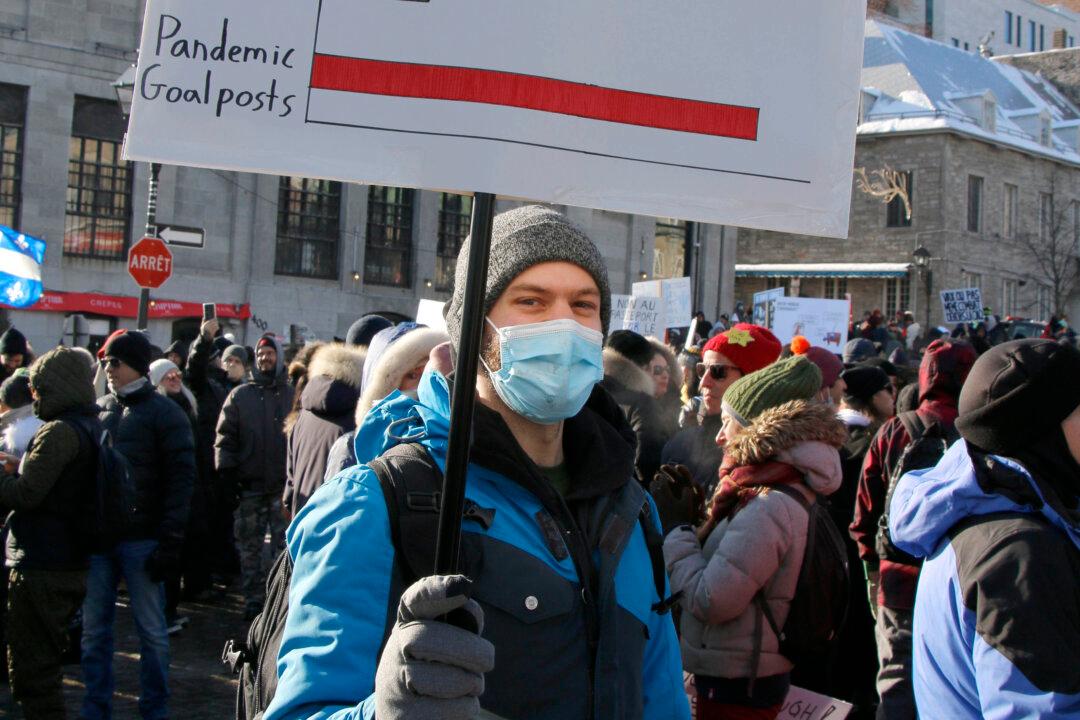A Saskatchewan Court has dismissed an appeal against the province’s restrictions on outdoor gatherings during the pandemic, calling the curb on charter rights justified.
Jasmin Grandel and Darrell Mills filed the original lawsuit, challenging the restrictions on how many people could gather outdoors during the pandemic. The case was dismissed in 2022, with the Court of King’s Bench saying although the restrictions did hinder individual charter rights they were justified.





